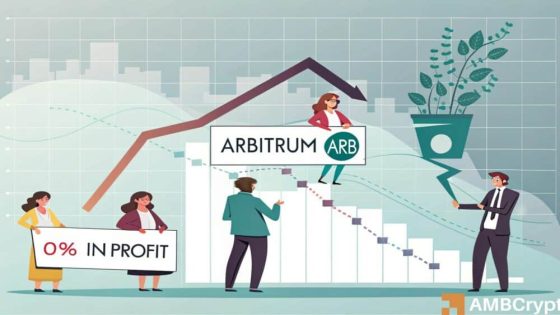DoorDash will pay nearly $17 million to settle allegations of misusing customer tips to subsidize delivery workers’ wages in New York. New York Attorney General Letitia James announced the settlement on February 24, 2025, stating that the company unfairly factored tips into its wage model from May 2017 to September 2019, resulting in lower pay for drivers.
- DoorDash to pay $17 million settlement
- Tips used to subsidize worker wages
- Settlement covers period from May 2017
- Eligible workers will be contacted directly
- DoorDash claims previous practices were proper
- Old pay model is no longer in use
According to James, DoorDash did not adequately inform customers that their tips were used to reduce the company’s labor costs. The settlement includes $16.75 million in restitution for eligible workers affected during the specified period.
The settlement comes after an investigation revealed that DoorDash’s wage model allowed the company to use customer tips to cover its guaranteed payment to delivery workers. This practice meant that drivers received less than they should have, as their tips were not added on top of their base pay. DoorDash has stated that this pay model is no longer in use.
Key details of the settlement include:
- Total settlement amount: $16.75 million
- Period of affected deliveries: May 2017 to September 2019
- Restitution to be distributed to eligible workers
DoorDash has expressed its belief that its previous practices were appropriate but is pleased to resolve the matter. The company aims to continue providing flexible earning opportunities for its drivers, known as Dashers.
This settlement highlights ongoing issues within gig economy platforms regarding transparency and fair compensation for workers. As delivery apps become increasingly popular, the scrutiny over their payment practices is likely to continue.
The settlement with DoorDash underscores the importance of transparency in payment practices within the gig economy. As the company moves forward, it will need to ensure that its policies align with fair labor standards to avoid future legal challenges.

































![Binance Coin [BNB] Price Surge Ahead: Crucial Levels to Monitor Amid Market Shifts](https://news.faharas.net/wp-content/uploads/2025/02/Binance-Coin-BNB-Price-Surge-Ahead-Crucial-Levels-to-Monitor.webp.webp)